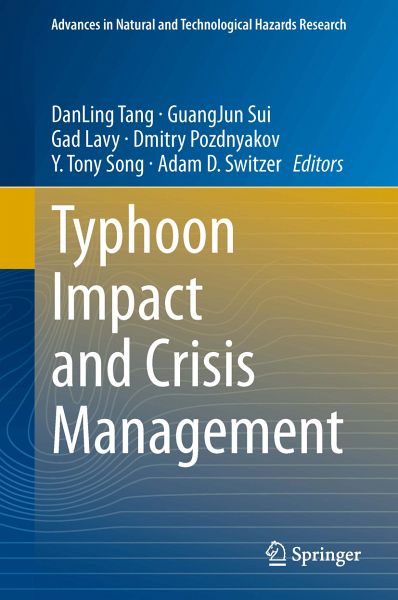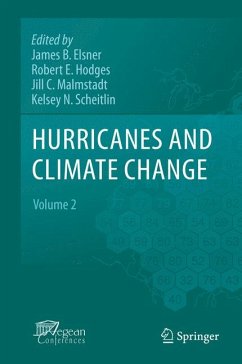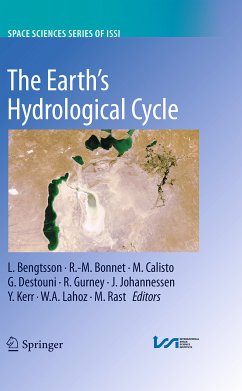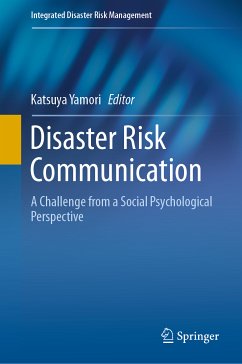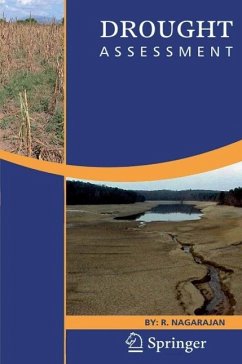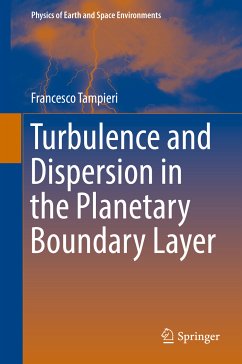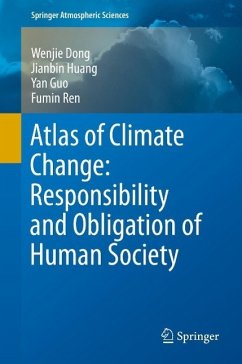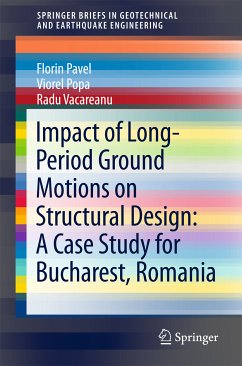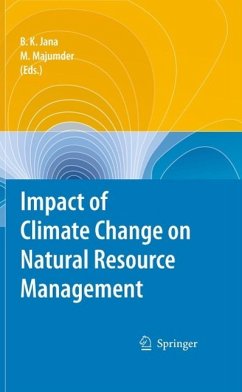Danling Tang is an expert on remote sensing of marine ecology and oceanic environment. She is a former Fudan University professor and currently a professor of the South China Sea Institute of Oceanology, Chinese Academy of Sciences. Her major research interests include ocean dynamics of phytoplankton bloom, global environmental changes, and impacts of natural hazards on marine ecosystem. Dr. Tang collaborates with many international scientific organizations. She is the President-Elect of Pan Ocean Remote Sensing Association, Councilor of the American Geophysical Union, and member of the Board of Directors of PACON International, the Vice Chair of Sub-Commission A2-Ocean Dynamics and Productivity, Committee on Space Research (COASPAR). She has collaborated on several UNEP projects. Dr. Tang has published approximately 150 research papers, including 70 papers in international journal. One book Remote Sensing of the Changing Oceans was published in 2011(by Springer). She has received numerous awards for her success, including the Zayed Award Diploma, Ocean Service Awards, and the national honorary title of China - National 3¿8 Red-banner Pacesetter. Dr. Tang received her PhD from Hong Kong University of Science and Technology and has conducted research and taught in Hong Kong, the United States, Japan, and South Korea. In 2004, she returned to China with the "100 Talents Program"of the Chinese Academy of Sciences. Dr. Sui Guangjun, a full professor, is the former President of Guangdong University of Foreign Studies (GDUFS), and currently the Chairman of University management committee of GDUFS, Executive Vice-director of Guangdong Research Institute of International Strategy. He has undertaken research and study programs in foreign universities such as University of Maryland in the U.S., University of Amsterdam in Denmark, Lancaster University in Britain, and Chulalongkorn University in Thailand. From 1992 to April, 2001, he has successively heldthe posts of Deputy Director of Institute of Hong Kong and Macao Economy Studies, Director of Department of Business Administration, Executive Vice-dean of Management School, Director of Center for Post-doctoral Program in Applied Economy, Head of Enterprise Development Research Institute, which is the Key Research Center of Humanities and Social Science in Guangdong colleges and universities, and Director of Education Center of MBA, in Jinan University (China). Dr. Sui served as Dean of Management School, Jinan University in Nov. 2001. Later, He was installed as the Vice President of GDUFS in Sep, and President of GDUFS in July, 2008. From Oct, 2009 till now, he served as Executive Vice-dean of Guangdong International Strategy Research Institution. Dr. Sui's major research area include industrial economy, strategy management and innovation and crisis management.
